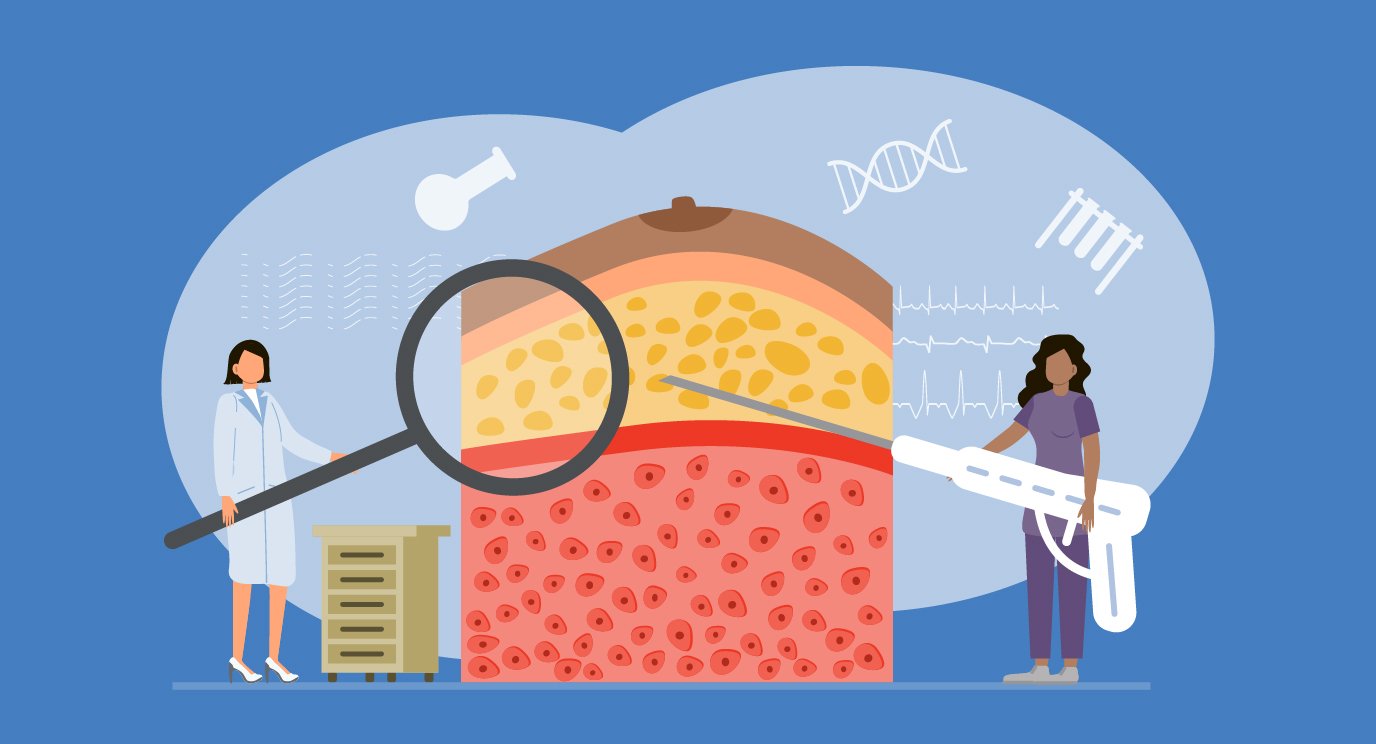- Diseases
- Acoustic Neuroma (14)
- Adrenal Gland Tumor (24)
- Anal Cancer (68)
- Anemia (2)
- Appendix Cancer (16)
- Bile Duct Cancer (26)
- Bladder Cancer (72)
- Brain Metastases (28)
- Brain Tumor (232)
- Breast Cancer (714)
- Breast Implant-Associated Anaplastic Large Cell Lymphoma (2)
- Cancer of Unknown Primary (4)
- Carcinoid Tumor (8)
- Cervical Cancer (158)
- Colon Cancer (166)
- Colorectal Cancer (116)
- Endocrine Tumor (4)
- Esophageal Cancer (44)
- Eye Cancer (36)
- Fallopian Tube Cancer (8)
- Germ Cell Tumor (4)
- Gestational Trophoblastic Disease (2)
- Head and Neck Cancer (12)
- Kidney Cancer (128)
- Leukemia (342)
- Liver Cancer (50)
- Lung Cancer (286)
- Lymphoma (278)
- Mesothelioma (14)
- Metastasis (30)
- Multiple Myeloma (100)
- Myelodysplastic Syndrome (60)
- Myeloproliferative Neoplasm (4)
- Neuroendocrine Tumors (16)
- Oral Cancer (100)
- Ovarian Cancer (172)
- Pancreatic Cancer (160)
- Parathyroid Disease (2)
- Penile Cancer (14)
- Pituitary Tumor (6)
- Prostate Cancer (146)
- Rectal Cancer (58)
- Renal Medullary Carcinoma (6)
- Salivary Gland Cancer (14)
- Sarcoma (238)
- Skin Cancer (296)
- Skull Base Tumors (56)
- Spinal Tumor (12)
- Stomach Cancer (64)
- Testicular Cancer (28)
- Throat Cancer (92)
- Thymoma (6)
- Thyroid Cancer (96)
- Tonsil Cancer (30)
- Uterine Cancer (80)
- Vaginal Cancer (16)
- Vulvar Cancer (20)
- Cancer Topic
- Adolescent and Young Adult Cancer Issues (20)
- Advance Care Planning (10)
- Biostatistics (2)
- Blood Donation (18)
- Bone Health (8)
- COVID-19 (362)
- Cancer Recurrence (120)
- Childhood Cancer Issues (120)
- Clinical Trials (630)
- Complementary Integrative Medicine (22)
- Cytogenetics (2)
- DNA Methylation (4)
- Diagnosis (232)
- Epigenetics (6)
- Fertility (62)
- Follow-up Guidelines (2)
- Health Disparities (14)
- Hereditary Cancer Syndromes (126)
- Immunology (18)
- Li-Fraumeni Syndrome (8)
- Mental Health (116)
- Molecular Diagnostics (8)
- Pain Management (62)
- Palliative Care (8)
- Pathology (10)
- Physical Therapy (18)
- Pregnancy (18)
- Prevention (914)
- Research (392)
- Second Opinion (74)
- Sexuality (16)
- Side Effects (604)
- Sleep Disorders (10)
- Stem Cell Transplantation Cellular Therapy (216)
- Support (402)
- Survivorship (320)
- Symptoms (182)
- Treatment (1786)
Five-year metastatic breast cancer survivor: My response to 'What can I do for you?'
5 minute read | Published October 16, 2020
Medically Reviewed | Last reviewed by an MD Anderson Cancer Center medical professional on October 16, 2020
"People are going to want to do something for you. It may be hard to accept their 'help,' and sometimes their 'help' isn’t very helpful. So, pick three to four things that actually might help you and then share them with anyone who asks, ‘What can I do for you?’ It's a kindness to allow people to DO for you."
These were the words of Jenée, an acquaintance who’d heard about my breast cancer diagnosis. She’d had breast cancer, too, and had called to share her experience and offer support. I listened, trying to absorb it all.
It was a gift that Jenée had reached out. So many people had been telling me to call their distant acquaintance who’d faced breast cancer. To have someone take even one item off your to-do list is a blessing when it consists of doctors' appointments, work, caring for your family and calling eleventy billion strangers who had the same kind of cancer you have.
Meaningful help during my breast cancer treatment
At Jenée’s urging, I came up with a list of help that would actually be valuable: walk our dogs, play Words with Friends with me on my chemotherapy days, practice random acts of kindness, and post about them on social media to encourage me. We also accepted dinners a few nights a week. But what I appreciated most, even more than tangible tasks and help with to-dos, was the support my loved ones and their loved ones showed me virtually. Friends would post and share encouraging messages on social media on Thursdays – my chemotherapy days – to keep me busy and entertained. Even when they couldn't be there for me in person, their encouragement carried me through the tough moments.
Fortunately and unexpectedly, I felt pretty good throughout my 16 rounds of chemotherapy, a mastectomy and 30 rounds of radiation therapy. I didn’t need much help and really just craved the normalcy of going to work, walking our dogs, running errands for myself and cooking dinner with Hubs.
Then, shortly after I finished chemotherapy, we learned that my breast cancer had metastasized to my bones.
Finding my footing after breast cancer metastasis
That news came in November 2015 – just eight months after my initial stage IIb breast cancer diagnosis. It was a whopper of a gut punch for me and my loved ones. It took a couple of months for us to come to grips to realize that my diagnosis did not mean immediate suffering or the end of everything good in life.
I was able to find my footing again with the help of my fantastic breast cancer team at MD Anderson, including breast medical oncologist Dr. Kimberly Koenig, nurses Mercy Kuruvilla and Kristin Kurtz, and radiation oncologist Dr. Wendy Woodward. Dr. Koenig immediately started me on a hormone therapy. Dr. Woodward referred me to a central nervous system radiation oncologist who performed three fractionated rounds of stereotactic radiosurgery on the tumors that had been identified on my C7 and T12 vertebrae.
What I appreciated most about my care team was that they were both knowledgeable and compassionate. They provided me with a plan and answers that were straightforward: "Here are the steps we're going to take and why." They also connected me to support groups and programs such as psychiatry and internal medicine.
My MD Anderson team has been with me every step of the way through five years and multiple lines of treatment.
A concrete way to support cancer patients
After I learned the cancer had spread, social work counselor Mary Dev steered me toward a metastatic breast cancer monthly support group. I met people who were thriving despite their stage IV diagnoses. In that support group, I learned about the very first MD Anderson Boot Walk to End Cancer®. It would take place on the first anniversary of my metastatic breast cancer diagnosis.
I knew I wanted to support the Boot Walk. In the five years since then, the Boot Walk has provided an opportunity for my family and friends to DO something and rally around me. It’s something that makes us feel less helpless in the face of an incurable cancer diagnosis. The Boot Walk has also given me a chance to encourage other patients, honor those we’ve lost and educate folks about metastatic breast cancer.
It also gives me a way to give back to MD Anderson, a place that has done so much for me. My Boot Walk team, Stomp Out Stage IV Breast Cancer, has raised hundreds of thousands of dollars for MD Anderson’s Advanced Breast Cancer Program, which was conceived by and for metastatic breast cancer patients and championed by some amazing MD Anderson staff. The program helps metastatic breast cancer patients like me navigate clinical trials, manage their care and connect with fellow patients.
Using funds raised through the Boot Walk, the Advanced Breast Cancer Program established an Advanced Breast Cancer Clinic and hired a nurse navigator to coordinate care between departments at MD Anderson and educate metastatic breast cancer patients about their disease and the resources available at MD Anderson, such as supportive care, integrative medicine and social work. Throughout the pandemic, the Advanced Breast Cancer Program has hosted weekly virtual support groups and a weekly webinar.
So many metastatic patients like myself have learned about the various services that are most beneficial to us from other patients with advanced cancer. We can benefit from services that your average stage I or II patient may not necessarily need. The Advanced Breast Cancer Clinic and, specifically, the dedicated nurse navigator helps ensure that we make the best use of the time we have left.
Thanks to the tremendous care I continue to receive at MD Anderson, I continue to thrive and participate in the Boot Walk. Even though we won’t be walking side-by-side on MD Anderson’s campus this year, we can still join together to give cancer the boot!
This year’s Boot Walk to End Cancer will be a virtual event. Participants will walk in their own neighborhoods on Saturday, Nov. 7. Register today.

Thanks to the tremendous care I continue to receive at MD Anderson, I continue to thrive.
Shannon Hillegeist
Survivor





